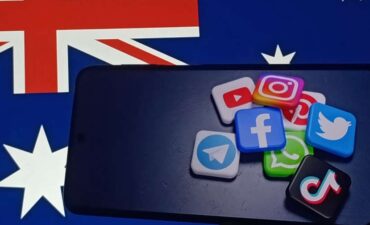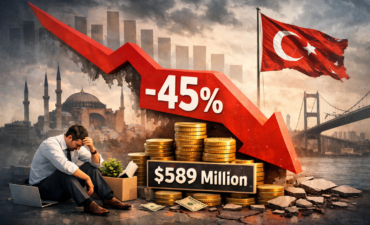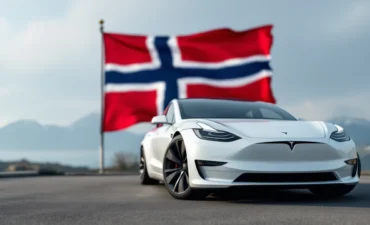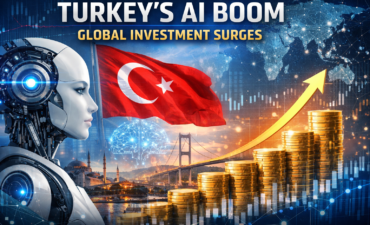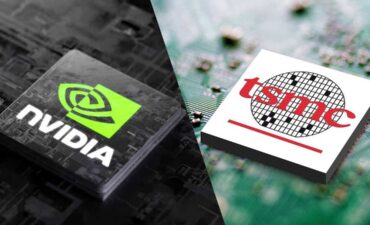This week’s stories are about tech, AI and coming from Europe and the USA
1-EU’s fight against disinformation: ChatEurope
A coalition of prominent European news organizations unveiled ChatEurope, a multilingual chatbot designed to fight disinformation by delivering fact-checked journalism on European affairs.
I saw this story at The Next Web and led by Agence France-Presse and supported by 14 other media partners — including Deutsche Welle, France Médias Monde, El País, and Romania’s RFI — the initiative is also backed by the European Commission.
ChatEurope operates similarly to popular AI tools like ChatGPT but focuses solely on verified news, according to the story. Users can ask questions on topics such as EU climate policy or the war in Ukraine, receiving responses supported by journalistic sources and complete with citations.
The chatbot was developed by Romanian firm DRUID AI using a language model from French startup Mistral, and is hosted on infrastructure built by open-source provider XWiki, based in Paris, noted the story. (By the way I have a story here about the EU’s high tech imports)
Currently available in English, French, German, Italian, Polish, Romanian, and Spanish, ChatEurope is part of an effort to counter the increasing spread of fake news on platforms such as TikTok, X, and Telegram.
A recent European Parliament survey found that over 40% of Europeans under age 30 use social media as their primary news source — a trend that increases vulnerability to misinformation, with risks ranging from public confusion to threats against democratic processes, the story underlined.

EU’s fight against disinformation: ChatEurope
2-Apple invests $500 million to source rare earth materials
Apple is investing $500 million in a new partnership with U.S.-based MP Materials to secure a domestic supply of rare earth magnets critical to iPhones and other devices, the company announced Tuesday.
I saw this story at CNN and the deal comes amid political pressure from former President Donald Trump to shift Apple’s production to the United States. Under the agreement, Apple will purchase rare earth magnets directly from MP Materials and jointly develop a recycling facility in California to recover rare earth materials from used Apple products.
“American innovation drives everything we do at Apple, and we’re proud to deepen our investment in the U.S. economy,” Apple CEO Tim Cook said in a statement. “This partnership will help strengthen the supply of these vital materials here in the United States.”
MP Materials will build out magnet manufacturing lines at its Fort Worth, Texas, facility, with production expected to begin in 2027. The materials will support the production of hundreds of millions of Apple devices globally, the story underlined.
The move is part of Apple’s previously announced $500 billion commitment to expand its U.S. operations, and comes as the company looks to reduce its reliance on China. China currently controls more than 90% of rare earths processing, making the global supply chain vulnerable to geopolitical tensions, according to the story.
Rare earths, used in everything from smartphones and electric vehicles to military equipment and medical devices, are relatively abundant but expensive and environmentally intensive to process. Let me note that China remains the only country with the infrastructure to process many of the materials at scale.

Apple invests $500 million to source rare earth materials
3-Nvidia to restart selling AI chips to China
Nvidia announced it has received approval from the U.S. government to resume shipments of its H20 AI chips to China, just days after CEO Jensen Huang reportedly met with President Donald Trump and top Commerce officials.
The announcement, made in a company blog post, marks a significant development for the $4 trillion chipmaker, which has struggled to maintain access to one of its largest markets amid tightening U.S. export controls. Nvidia said it expects deliveries of the H20 chip — a scaled-down version of its flagship GPU designed to comply with export rules — to begin “soon.”
I read this story at Qz.com and the green light comes at a pivotal moment, as Huang visits Beijing this week to meet with senior Chinese officials and showcase a new chip specifically designed for China. Nvidia is also introducing the RTX Pro, a lower-performance chip for industrial use that fully complies with U.S. regulations, according to the story.
While the H20 license approval appears to be a one-off decision, it may also signal a shift in policy. The Trump administration has kept a tight grip on advanced chip exports to China, issuing only a limited number of licenses, per the story.
Despite rising competition from Chinese firms like Huawei, Biren, and Enflame, Nvidia remains dominant in China’s AI data center market. Many of China’s largest AI projects still rely heavily on Nvidia chips, often acquired through intermediaries or legacy contracts, the story noted.
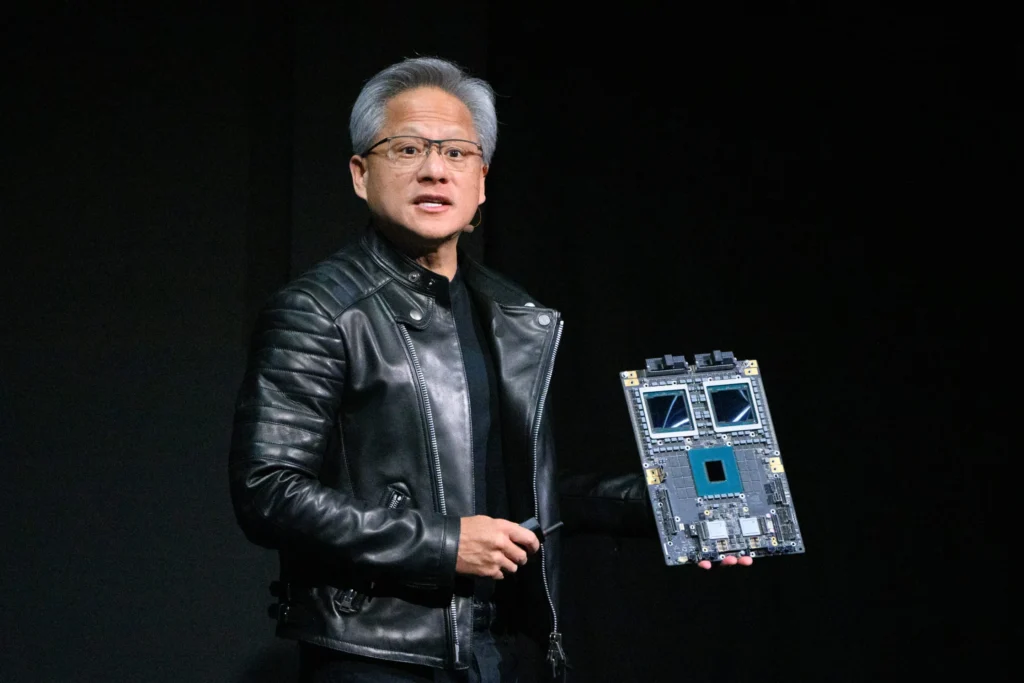
Nvidia to restart selling AI chips to China (Photo: Getty Images)


